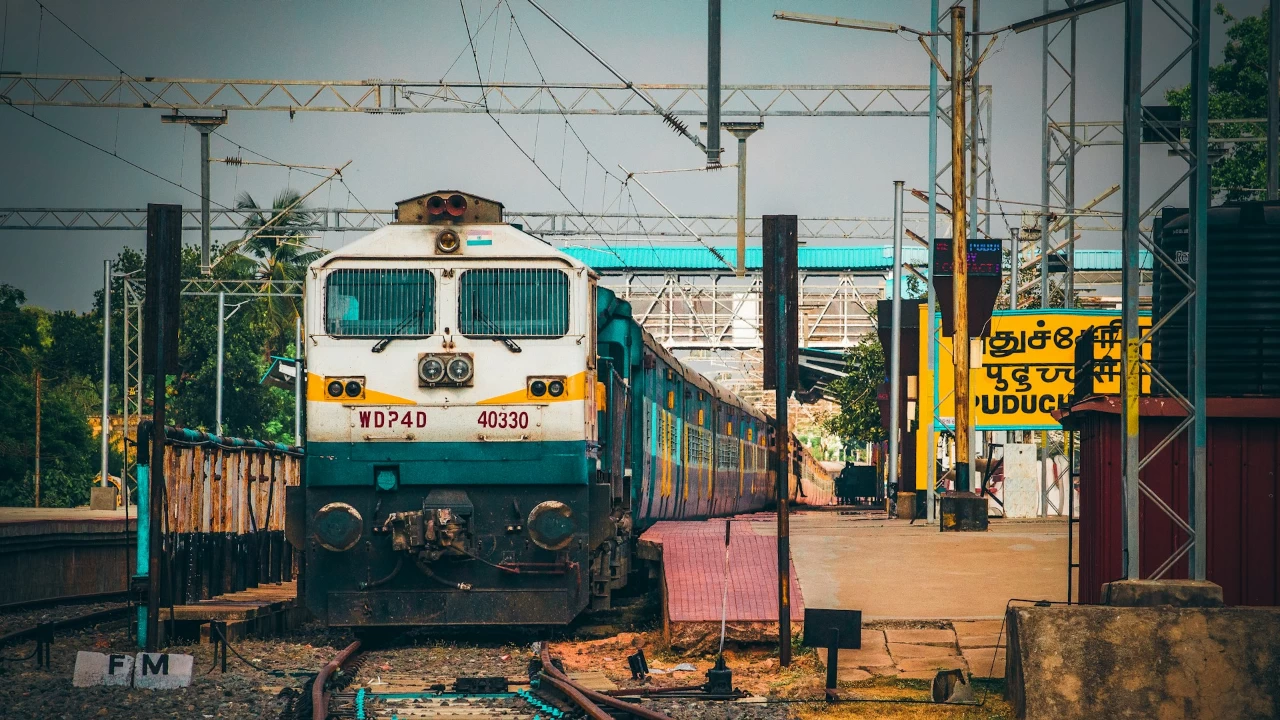

By signing in or creating an account, you agree with Associated Broadcasting Company's Terms & Conditions and Privacy Policy.


By signing in or creating an account, you agree with Associated Broadcasting Company's Terms & Conditions and Privacy Policy.

New Delhi: In recent years, the Indian Railways has taken several steps to reduce the frequency of train accidents. One of the most important steps taken for this objective is the deployment of the Kavach System, which has revolutionised the safety standards of trains in India, making them less accident-prone. The name Kavach translates to shield in English, and it is indeed shielding the trains from major mishaps.
Indian Railways has developed its own Automatic Train Protection (ATP) System, which is known as Kavach. It has been implemented to enhance the safety of running trains. It has been developed indigenously by RDSO along with three Indian vendors, and it has been adopted as our National Automatic Train Protection (ATP) System. In this article, we will learn more about Kavach, the game-changer in Indian Railways.
The Indian Railways has come up with a safety mechanism named Kavach to prevent collisions of trains and their derailments. The Kavach deploys cutting-edge technologies like GPS, RFID (Radio Frequency Identification), and data loggers to continuously monitor the movement of trains. Kavach helps the Loco Pilot in operating the train within specified speed limits by automatically applying the brakes if the pilot fails to do so, and also ensures that the trains run safely during inclement weather.
Kavach has been deployed on North Central Railway and South Central Railway, covering a total length of 1548 km. At present, Kavach is being implemented on the corridors of Delhi-Howrah and Delhi-Mumbai, which comprise around 3000 km of route. On these routes, trackside works have been completed on about 1081 km of route, including 705 km on the Delhi-Mumbai section and 376 km on the Delhi-Howrah section.
Kavach not only helps Loco Pilot to avoid overspeeding and Signal Passing At Danger (SPAD) but also aids in running the train amid adverse weather conditions like dense fog. Thus, Kavach has increased the safety and efficiency of train operations.
Thanks to Kavach, the train's speed remains under control as the system automatically applies brakes in case the Loco Pilot fails to do so.
The Kavach repeats the line-side signal in the cab, which comes in handy during foggy weather and higher speeds.
The system is based on the continuous update of the movement of trains.
Also, it ensures auto-whistling at LC gates and avoidance of collision by direct loco-to-loco communication.
Moreover, the Kavach supports the SOS feature if any mishap happens to the control train in the vicinity.
So far, regarding works related to Kavach, a total of Rs 1,547 crore has been utilised. As per Railways Minister Ashwini Vaishnaw, more and more focus is being given to the safety and security of trains. For that, a major portion of the Railways Budget has been allocated to Kavach. For the fiscal year 2024-25, Rs 1,112.57 crore has been allocated to Kavach.
The implementation of Kavach entails imparting training to railway personnel. Indian Railways is giving special training at its centralised training institutes to ensure that technicians, operators, and engineers are fully equipped with the skills to operate the Kavach system.












